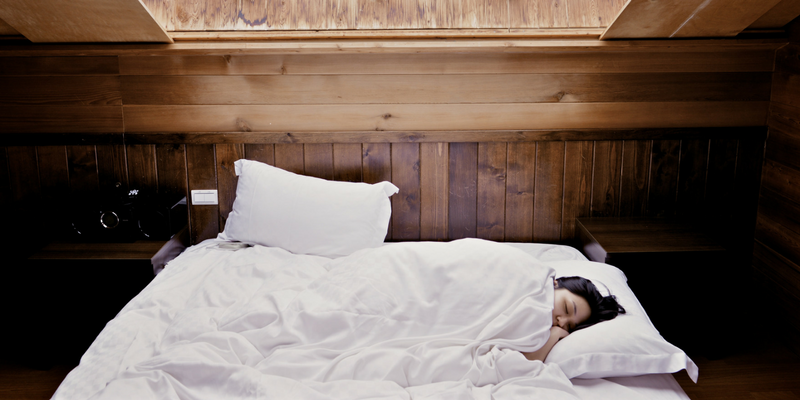
Forget counting sheep—if you’re not following a good nighttime regiment, then you’re not going to wake up feeling rested. Sleep experts call this sleep hygiene. While the name may conjure up images of going to bed after getting a good scrub in the shower, it actually refers to a series of recommended habits to ensure you’re getting the most out of your nightly rest. Below are some of the top practices to follow for good sleep hygiene:
Turn off the screens
We know, there’s the last minute text to send, the email you need to check, the online shopping to do, the show to catch up on… but what all these screens are doing is telling your subconscious brain that there’s still light out, and therefore it is still daytime. And since it’s still daytime, your subconscious brain thinks you should still be awake, so your body releases the chemicals it needs to stave off sleep. Stop looking at screens an hour before you go to bed.
Watch what you consume
While you might enjoy the sleepy feeling that a glass of wine gives you before you drift off, it might actually be keeping you up! Alcohol prevents your body from going into a deep sleep, therefore keeping you from feeling restful when you wake up. It can also cause you to wake up in the middle of the night and be unable to go back to sleep. Caffeine is just as bad, if not worse. For optimal sleep, stop drinking caffeine around 6 hours before you go to bed and stop drinking alcohol 2 hours before bed.
Go to bed at the same time every night
With some work schedules this can be almost impossible, but this really is the ideal way to get the most amount of sleep. Your body will naturally default to getting sleepy and waking at the same time and has to adjust every time you change this. Even staying up late on a Friday night can throw off your rhythms.
Create the ideal environment
This means having a completely dark room. Heavy, light-blocking curtains can help with this. If you have a digital clock, make sure you turn it so that it doesn’t face you. Keep the room temperature to about 65 degrees. Studies have shown people sleep better in a cooler environment.
If you are still having trouble sleeping after following these steps, it may be time to have a sleep study performed—chances are, you may even have a medical condition that keeps you from getting enough rest at night, such as sleep apnea. We carry a wide variety of items to help mitigate sleep apnea, including CPAP machines.
